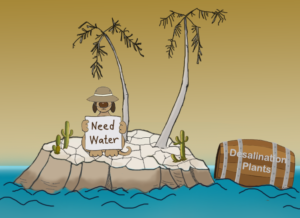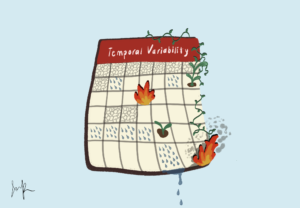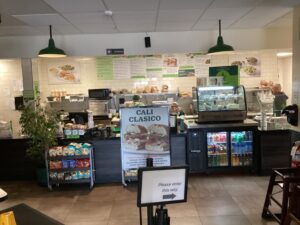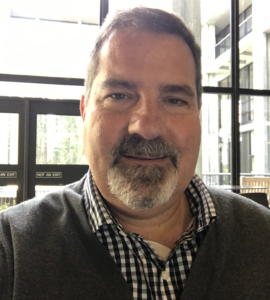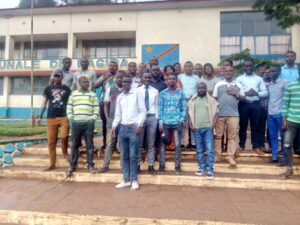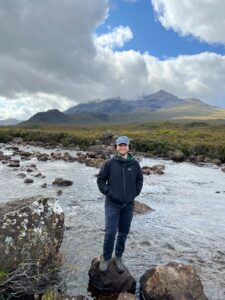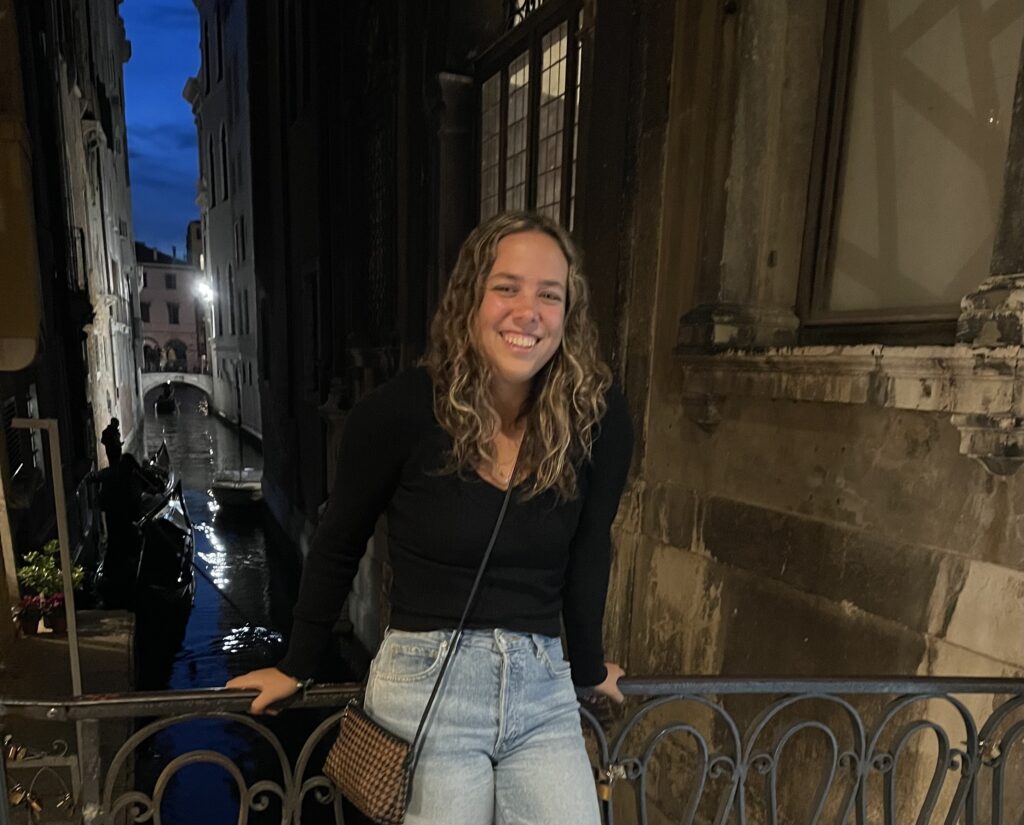
Recently, I had the wonderful opportunity to interview Isabella Schauble about her experience at the Mountain School. She is currently an eighteen-year-old student at Harvard University and an undecided major with interests in environmental science, astrophysics, and psychology.
We now live in a digital era, where technology and the media are so intertwined in our everyday lives and routines that we often forget one of the most integral parts of our lives: nature.
So, what would it be like to spend four months isolated on a hilltop farm outdoors, far away from home?
Isabella’s high school, Marin Academy, sends about one person a year to a program called the Moutain School. She remembers first listening to the presentation about it and noticing that no one else from her grade seemed interested. “So, I took a pamphlet because I felt bad,” Isabella recalls.
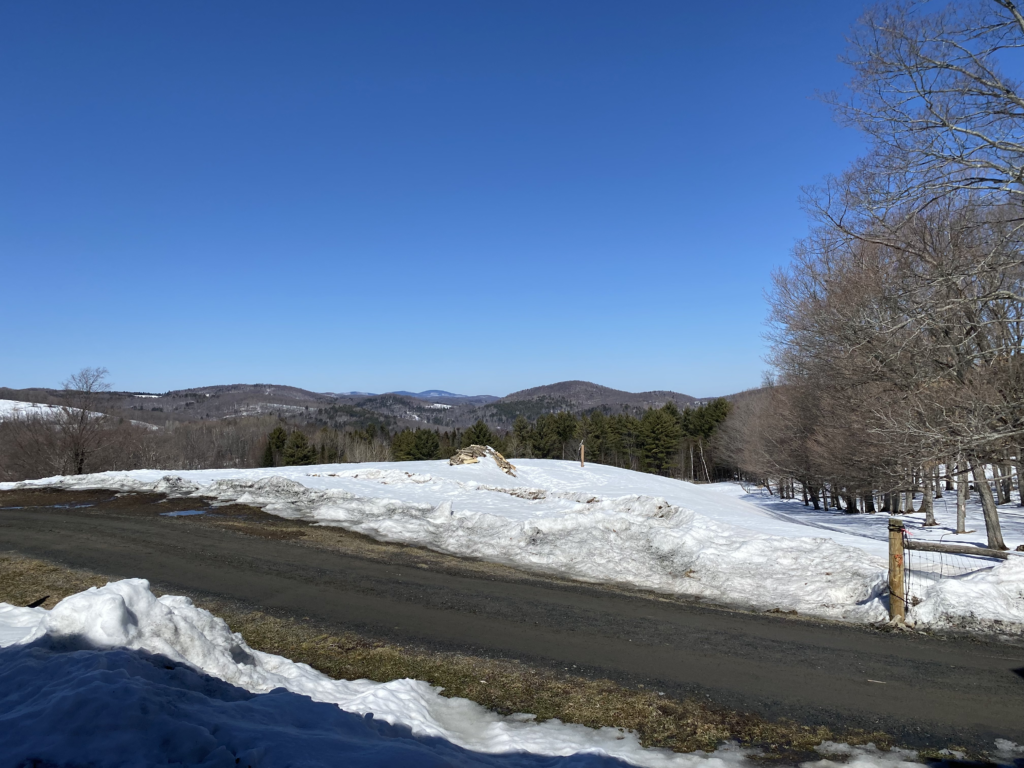
As it turned out, she found the program rather fascinating. “The idea of living on a farm with a small community of people my age with similar interests appealed to me.”
Figuring she had no reason not to apply, she submitted her application and was accepted as the pandemic hit.
In the spring of 2021, Isabella finally traveled across the country to experience a time away from home that would change her perspective of nature and teach her many crucial life-long skills.
The Mountain School is located in Vershire, Vermont. It is a working farm with 45 high school juniors selected to spend the semester for academic and work experience. As a prestigious program known for cultivating a diverse community of scholars, alumni who have learned how to collaborate and share work are “prepared to reach beyond the self and focus on the common good” (Mountain School).
Arriving in the middle of the snow in February, Isabella was able to have a “relatively normal spring of 2021” after unmasking and getting vaccinated. Afterward, she stayed on the hilltops of Vershire from March to June and could see the range of the New England seasons.
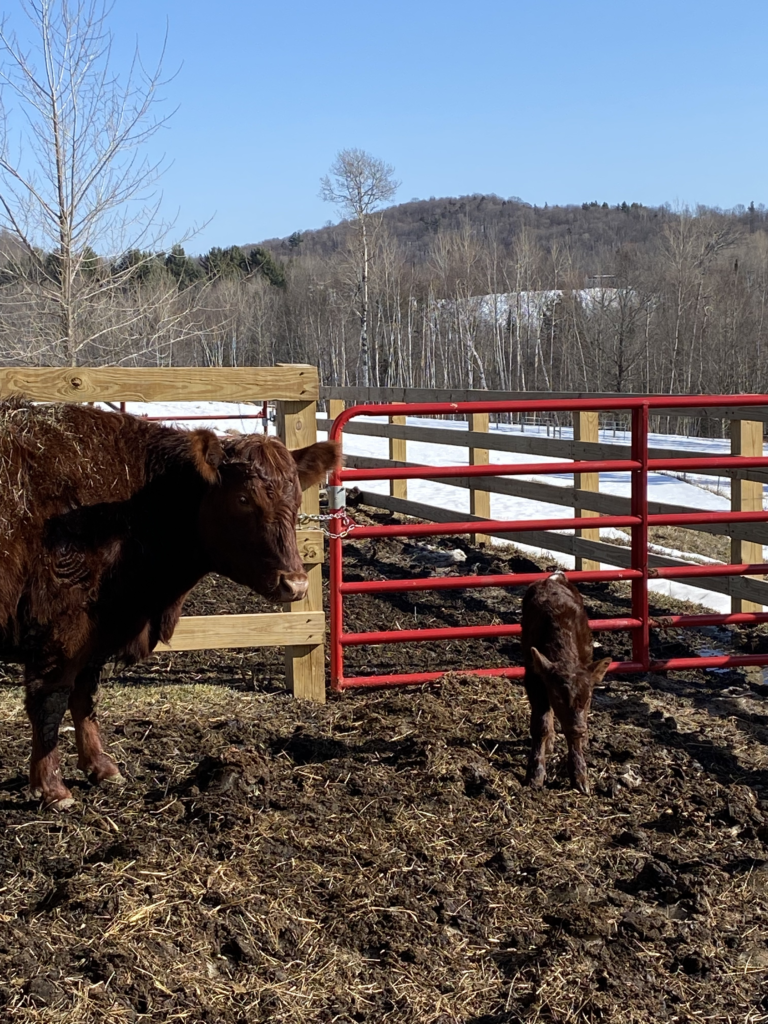
Her daily schedule began with chores, followed by breakfast, classes, lunch, a work period, more classes, dinner, and then a free period for homework and socializing until the evening. A round of chores and dorm check-in concluded the day.
At the beginning of her stay, she would collect sap and turn it into syrup or transplant sprouts in the greenhouses during work periods. Towards the middle of the semester, on Farm Days, she helped to plant and grow food at the top of Garden Hill.
Different from an ordinary school, the Moutain school provides much of its learning through its healthy and adaptive lifestyle, whether it is acquainting students with a simple plant-based diet or helping out on the farms.
Isabella notes that she has learned several skills she would have “otherwise never have acquired.” She can now identify all the tree species, from saplings to fully-grown trees. She knows how to turn sap into maple syrup, birth calves and lambs, and harvest a variety of different vegetables.
Apart from technical skills, living away from home and experiencing dorm life before college has taught her life-long lessons. Figuring out how to balance her chores and work throughout the day and create her own schedule has strengthened her time management. In addition, she has found that living with a small community of kids for so long has been equally important and impactful.
Running the farm was one of the most unique and integral parts of her time there.
“We were reaching a part of our lives where we had to be more independent and responsible, and this program helped foster both of those skills. We had to do our part to ensure the farm was functional, that we had food, and that everything stayed clean and efficient.”
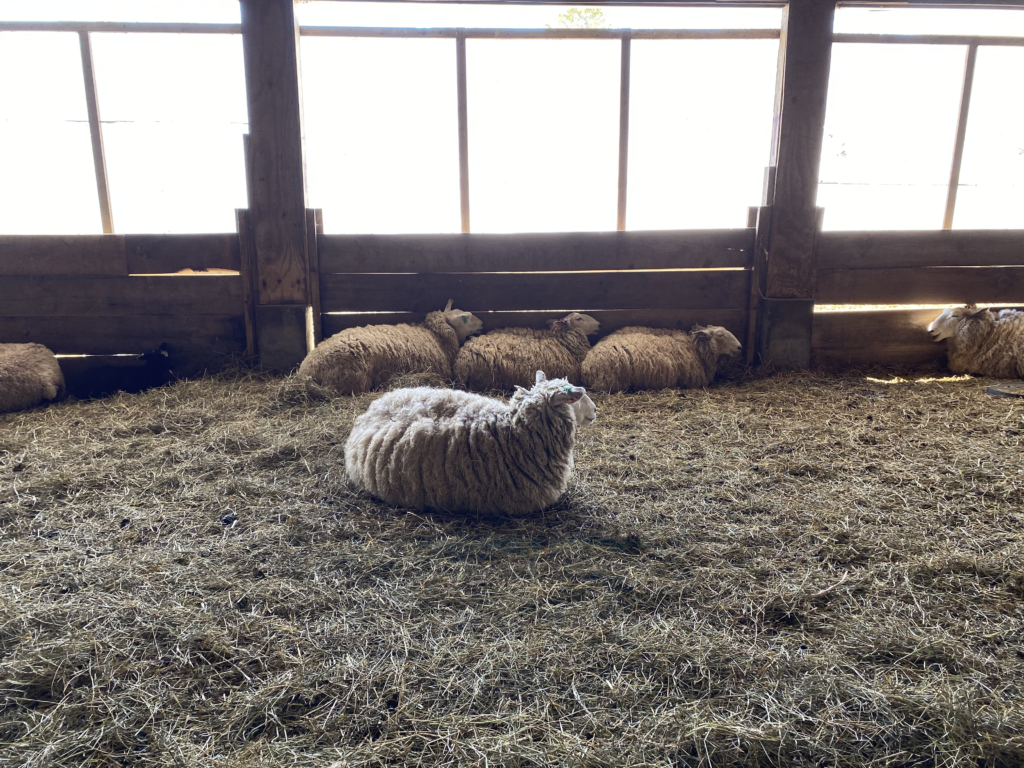
Along the way, Isabella has also made so many favorite memories. One, she recalls, was the first bonding day that was maskless. With her peers, she went cross-country skiing and then stopped to drink raw sap from the buckets on the maple trees before heading to the sugar house to make syrup. “It was like nothing I’d ever done before, but that was part of the appeal and why I loved it so much,” Isabella describes.
Her experience has seemingly revealed the utter significance of nature in our lives. Nature is the greatest teacher of all time; we have so much to learn, whether it’s resilience, balance, or purpose. We often forget that we are a part of nature, not separate. And it is our responsibility to protect it.
As she moves on to the next part of her journey in life as a student at Harvard, she will continue to employ the lessons she has learned at the Mountain School.


